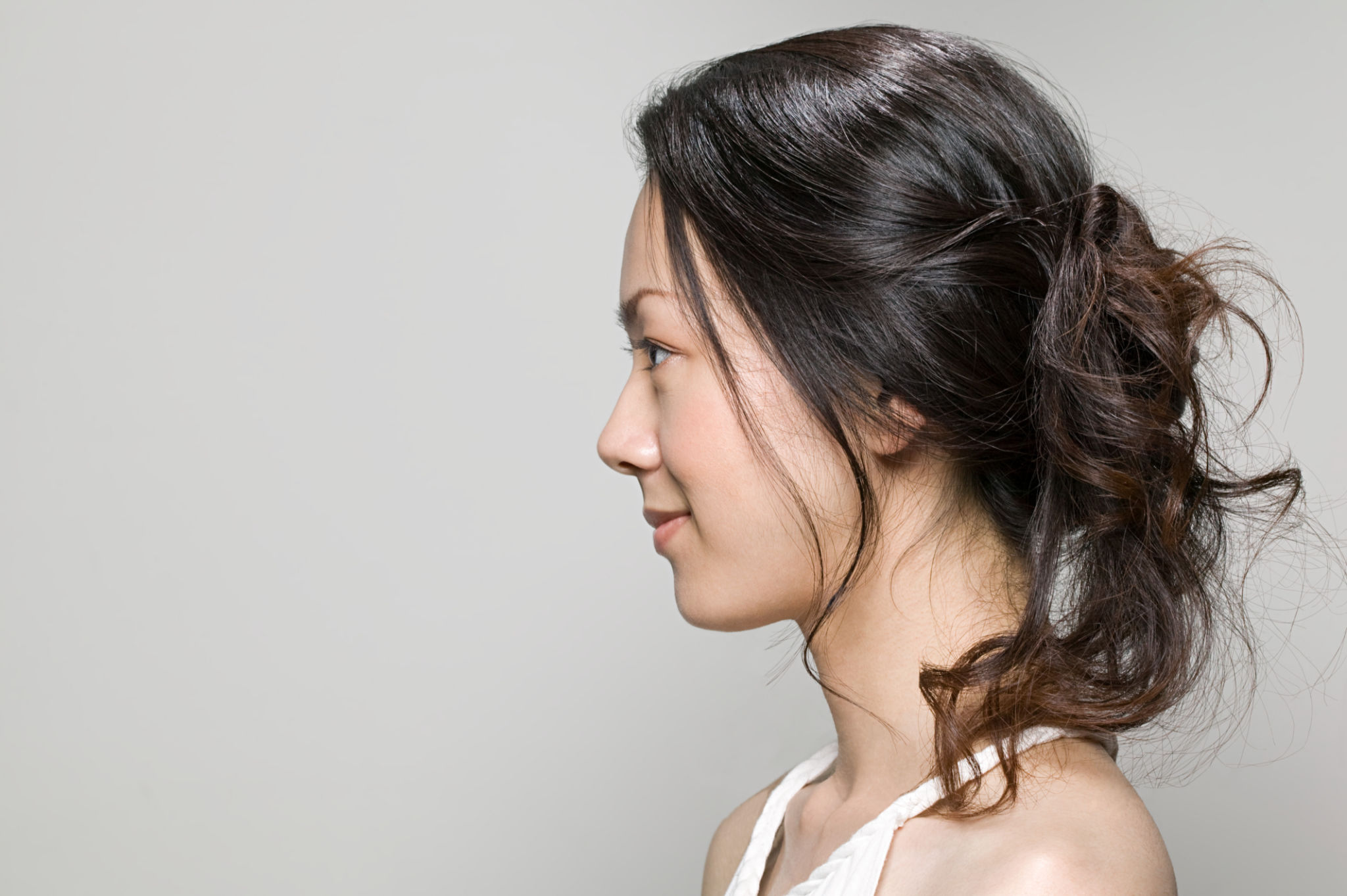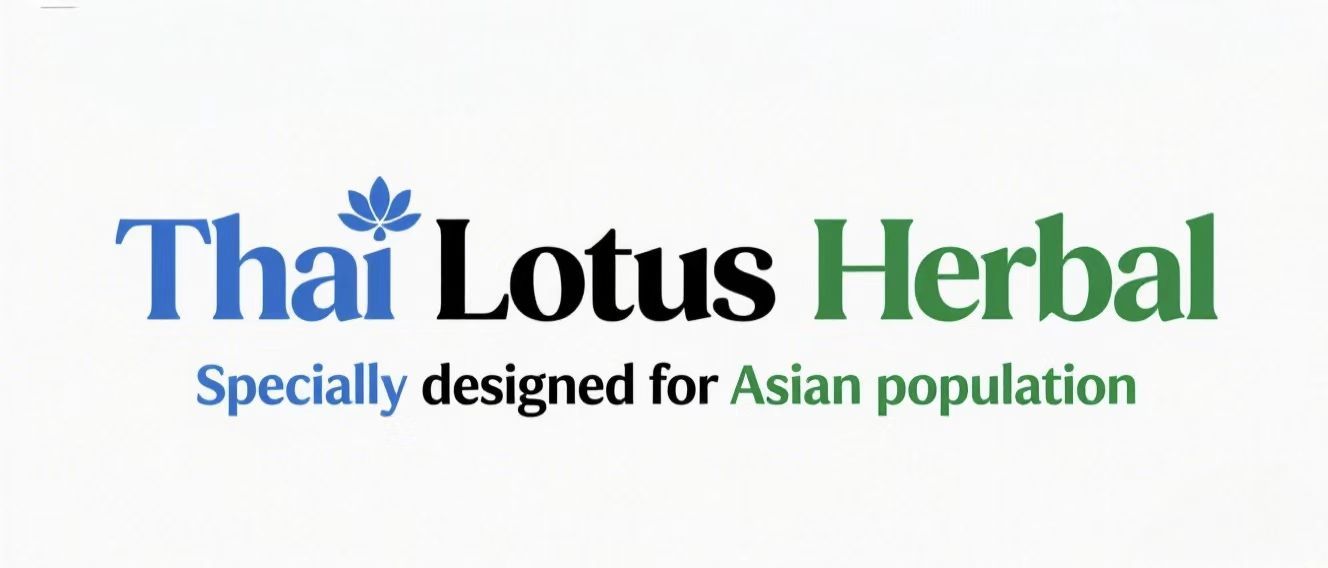Common Misconceptions About Herbal Shampoos: Debunking the Myths
Introduction to Herbal Shampoos
In the quest for healthier hair, many people are turning to herbal shampoos. These products are often lauded for their natural ingredients and gentle cleansing properties. However, along with their rise in popularity, several misconceptions have emerged. This blog post aims to debunk these myths and provide clarity on what herbal shampoos truly offer.

Myth 1: Herbal Shampoos Are Ineffective
A common belief is that herbal shampoos are less effective than their chemical-laden counterparts. This is simply not true. Many herbal shampoos are formulated with potent plant extracts and essential oils that cleanse the scalp thoroughly while also promoting hair health. Ingredients like aloe vera, tea tree oil, and chamomile are known for their beneficial properties, including anti-inflammatory and antibacterial effects.
Myth 2: All Natural Ingredients Are Safe
While the term "natural" suggests safety, it's important to remember that not all natural ingredients are suitable for everyone. Certain herbs can cause allergic reactions or irritations, particularly in sensitive individuals. It's crucial to read labels carefully and conduct a patch test before fully incorporating any new product into your hair care routine.

Myth 3: Herbal Shampoos Do Not Lather
Another misconception is that herbal shampoos do not produce a rich lather. While it's true that many herbal shampoos lack the synthetic foaming agents found in conventional products, this doesn't mean they can't lather at all. Many brands have developed formulations that include natural surfactants derived from coconut or sugar to create a satisfying foam.
Myth 4: They Are Universally Suitable for All Hair Types
It's a myth that one herbal shampoo can cater to all hair types. Just like conventional shampoos, herbal versions are formulated to address specific hair needs, such as dryness, dandruff, or color protection. Choosing the right product tailored to your hair type is essential for achieving the best results.

Myth 5: Herbal Shampoos Are All Organic
Not all herbal shampoos are organic. The term "herbal" simply indicates the presence of plant-based ingredients. For a shampoo to be considered organic, it must meet specific certification standards that verify the sourcing and processing of its ingredients. Always look for certified organic labels if this is an important factor for you.
The Benefits of Embracing Herbal Shampoos
Despite these misconceptions, herbal shampoos offer numerous benefits when chosen and used correctly. They often contain fewer harsh chemicals, reducing exposure to potential irritants. Additionally, many people find that herbal shampoos leave their hair feeling softer and more manageable over time.
Ultimately, understanding the truth behind these common myths can help consumers make informed decisions about their hair care products. Herbal shampoos can be a wonderful addition to anyone's hair care routine, offering natural benefits without sacrificing effectiveness.
